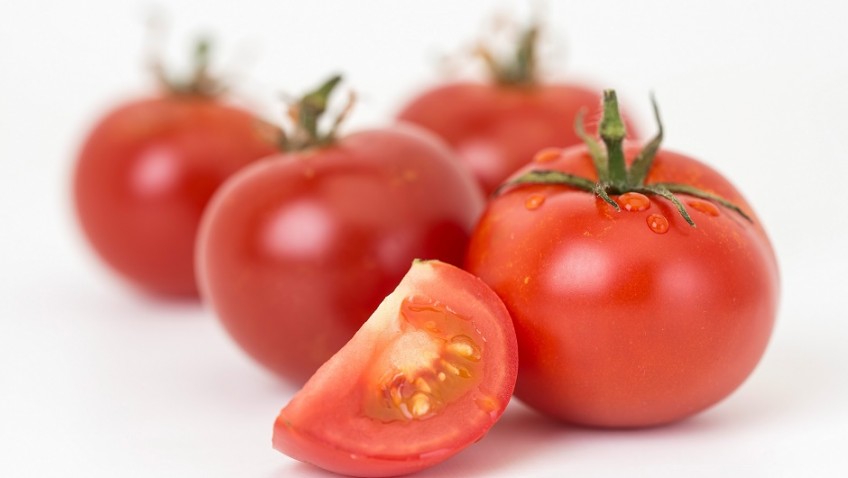We all know that a good diet is an essential part of a healthy lifestyle, so it’s not surprising that newspapers, magazines and the internet are full of stories about miracle superfoods and killer snacks.
Unfortunately, much of what is reported can be either inaccurate or unhelpful. The news is full of contradictory reports and often the same food is declared healthy one day and harmful the next.
For example take alcohol. Sometimes it’s reported to be good for your health, while other times it’s bad. Some days we’re told to drink in moderation, while on others even a single glass is too much. Chocolate, for example, can reportedly cause weak bones and depression, but other studies have claimed that it can also help fight cancer.
There is no official definition of a superfood and the EU has banned the use of the word on product packaging unless the claim is backed up by convincing research. A number of well-known brands have been forced to drop the description. However, there are still some supporters of the term, in spite of its loose definition.
News headlines, meanwhile, abound with claims that certain foods have super health benefits. Celery, broccoli, jam, popcorn and cereals have all been hyped as superfoods recently. Other foods are said to be packed with chemicals that can ward off major killers such as cancer and heart disease.
Animal and laboratory studies
Using a study in humans to link an indirect outcome measure to a disease is one thing, but many of the health stories reported in the press have not been carried out in people at all. Animal and laboratory studies are often used to test what researchers suspect to be the active components of foods, which might in time be developed into drug treatments or supplements.
So do they exist? Finding out about the effects of particular foods on health is a bit like doing a jigsaw. It’s a gradual and painstaking process in which, by conducting different types of studies, researchers gradually fit together the pieces so that we may have a better understanding.
The best way to get a look at this overall picture is by looking at what systematic reviews have to say about diet and health.
Drinking alcohol
A systematic review by the World Cancer Research Fund (WCRF) in 2007 concluded that alcohol consumption is associated with an increased risk of some cancers, with apparently similar effects for different types of alcoholic drinks.
Their recommendation was that alcohol consumption should be limited, even taking into account the likely link between moderate alcohol consumption and reduced risk of heart disease.
In the UK, current guidance from the NHS recommends avoiding binge drinking and for women to consume no more than 2-3 units a day, and men no more than 3-4 units a day on a regular basis.
A Mediterranean diet
There’s also good evidence supporting the health benefits of a Mediterranean-style diet. The Mediterranean diet is high in fish, olive oil and fruit and vegetables, while containing relatively little meat.
One systematic review, published in the British Medical Journal, shows that this type of diet can reduce the risk of some chronic diseases and increase the chance of living to a healthy old age.
A balanced diet
You will have gathered by now that there’s no real evidence that superfoods exist, if by that we mean a single food or compound that will keep us healthy, stop illness in its tracks or save our life.
When it comes to keeping healthy, it’s best not to concentrate on any one food in the hope it will work miracles. Current advice is to eat a balanced diet with a range of foods, to ensure you get enough of the nutrients your body needs.
Limiting your intake of alcohol and high fat, high sugar, salty and processed foods, keeping to a healthy weight and regular physical activity are also importance.





